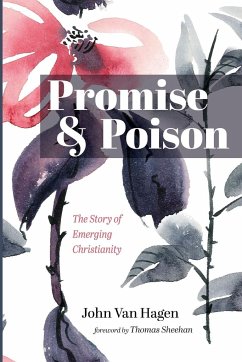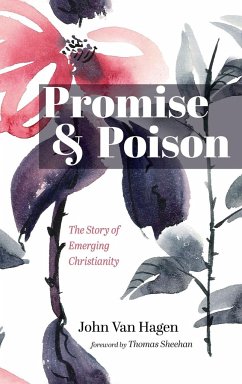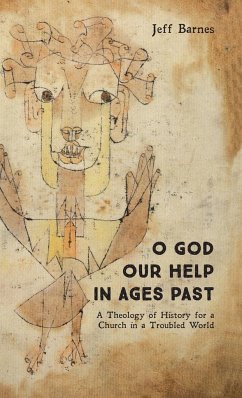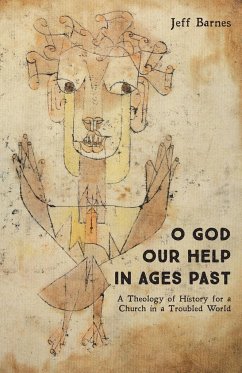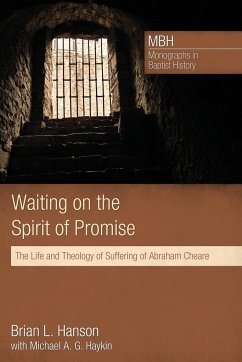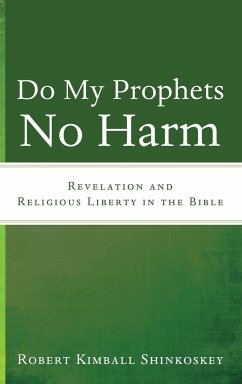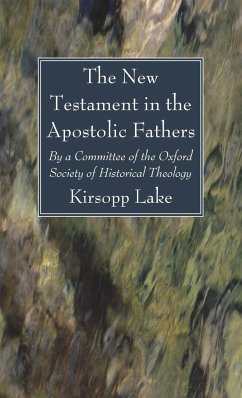In Promise and Poison, psychologist and former Catholic priest John Van Hagen argues that the long-standing Jewish hope for the history-changing intervention of YHWH and the cursed, shameful crucifixion of Jesus were two elements from which emerged new moral communities whose members were soon called Christians. While the history of Emerging Christianity appears fraught with battles about what to believe (orthodoxy), what often goes unnoticed is the intense struggle to live a virtuous life (orthopraxis). In their desperate efforts at self-definition, communities demonized outsiders and held insiders to unrealistic standards of conduct. That insistence on living a highly moral life was also fueled by the promise of a new afterlife on a transformed earth. The presence of retaliatory rage lay close to the surface. While the verbal violence toward those others only became actuated when Christians gained political power, the pressure for remaining a highly moral community spawned hypocrisy and harsh competition among insiders. This religion's moral struggle in ancient times is also a challenge for us today. Can we establish boundaries which are so necessary for an identity as a moral community without demonizing those outside or ostracizing those inside who are perceived to be different? The United States still struggles with this question.
Hinweis: Dieser Artikel kann nur an eine deutsche Lieferadresse ausgeliefert werden.
Hinweis: Dieser Artikel kann nur an eine deutsche Lieferadresse ausgeliefert werden.

